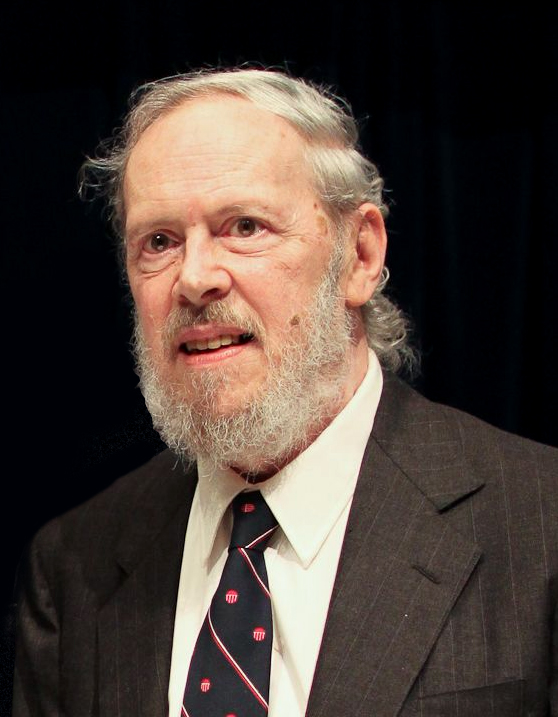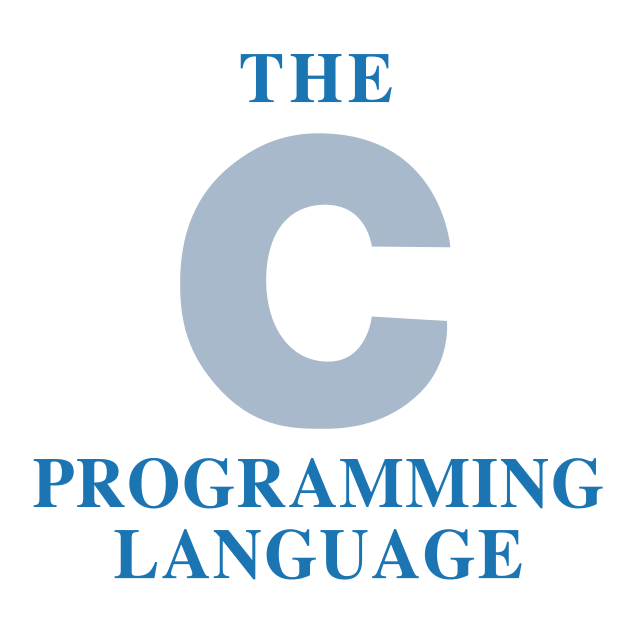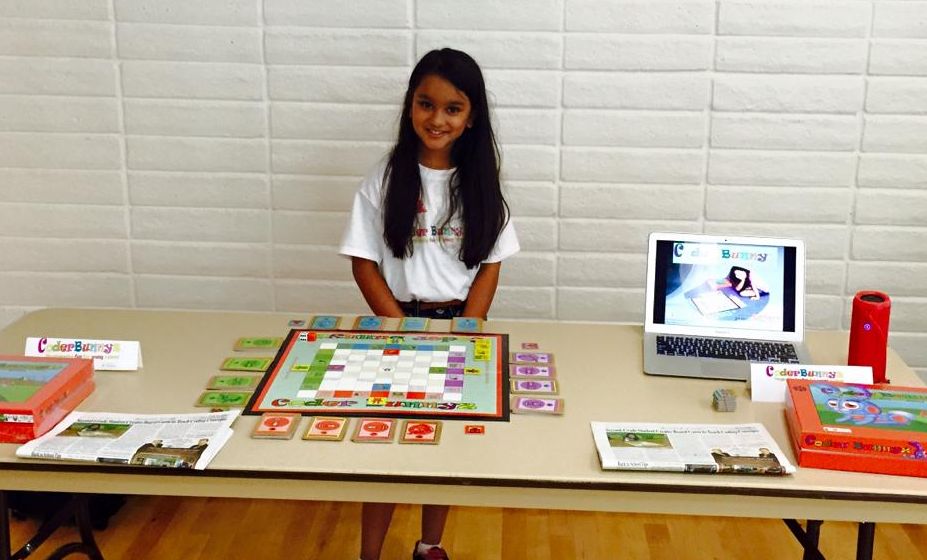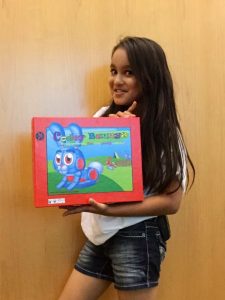Dennies Ritchie’s Contribution To Programming And Origin of C Language
Nowadays computer science is a mandatory subject in schools. Though computer science is optional in high school, everyone acquires knowledge of basic computing at an early age. And, when we take steps towards learning how to code, we always start with the C language. At least most of us opt for it. The c programming language is one of the most famous and earliest programming languages around the world. The language can be used extensively for programming operating systems and embedded systems. After the first version by Dennis, so many versions of the language have come up but currently, C18 is the most recent.
About Founder

Dennis Ritchie, an American computer scientist is the creator of the C language. He has also developed the Unix Operating System and B language. Dennis received many prestigious awards for his excellent works and contribution to society. He is one of the reasons our world has come so far in terms of technicality.
Early Life
Born into Bronxville, New York, Dennis moved to New Jersey at a very young age. Alistair E. Ritchie, one of the scientists of the Bell Labs was father to Dennis Ritchie. After the family moved to Summit, Dennis attended the Summit High School. Later, Dennis went to Harvard University and acquired degrees in Physics and Applied Mathematics.
Early Career
After graduating, Dennis joined Bell Labs in 1967. He was carrying out his Ph.D. under Patrick C. Fisher at Harvard University. But, he was never able to receive the degree officially. When Dennis started working at the Bell Labs, Ken Thompson worked as a colleague of him. Both of them were working on the Multics operating system.
During this time, Thompson discovered an old PDP-7 and he started developing an operating system along with Dennis. In 1970, the operating system which they named “Unix” was finally completed. Eventually, Dennis came up with the B language followed by the C language.
Origin of C Programming Language
After Dennis and Thompson developed the Unix operating system, they decided to port the operating system in PDP-11. Once they incorporated Unix, Dennis needed to come up with a new language or rather a new compiler to make use of this operating system in PDP-11.
Dennis started working in Fortran, but he gave up after some time because it wasn’t possible in that language. Then he started working with BPCL systems programming language but there wasn’t much information about the official description of the language.
Thompson along with Dennis came up with B language but the language was too slow and it didn’t adjust well with the features of PDP-11. So, Dennis tried to modify the language and make some changes. But, doing that led to the invention of a whole new programming language, that is, C.
In 1972, the C compiler was used for version 2 Unix and the fourth version of the OS was released in November 1973. The other versions of C were ANSI C, ISO C, C99, C11, and Embedded C.
Other Works
Apart from working with the C language and Unix operating system, Dennis also wrote a book, The C Programming Language along with Kernighan.
He also worked for the development of operating systems like Plan 9 and Inferno. Dennis also helped in creating the programming language, Limbo. Dennis worked for Lucent Technologies until he retired in 2007.
Awards and Achievements
In 1983, both Dennis and Thompson were honored with the Turing Award. They received for the award for making significant progress in the field of generic operating systems theory and for developing Unix. In 1990, again this couple bagged the IEEE Richard W. Hamming Medal for both the Unix OS and C language.
This decade was followed by receiving a fellowship from the Computer History Museum in 1997. In April 1999, Bill Clinton awarded both of them with the National Medal of Technology. In 2005, Ritchie received the Achievement Award from Industrial Research Institute mainly for Unix. He was also honored with the Japan Prize for Information and Communications in 2011. Thompson received this prize along with him.
Retired Life
He worked for Lucent Technologies after leaving Bell Labs. In 2007, Dennis stepped down from the research department. He passed away on 12th October 2011. He was suffering from prostate cancer and heart disease.

Annasha Dey is an NIT student, who apart from studying engineering is also a content writer. She has a great interest in photography, writing, reading novels, and travelling as well. She is a foodie who loves socializing and hanging out with her friends. She is also a trained Kathak dancer and a big fashion enthusiast. Dey also loves watching TV series, which includes F.R.I.E.N.D.S. and Big Bang Theory. To be a better writer she prefers to read more



